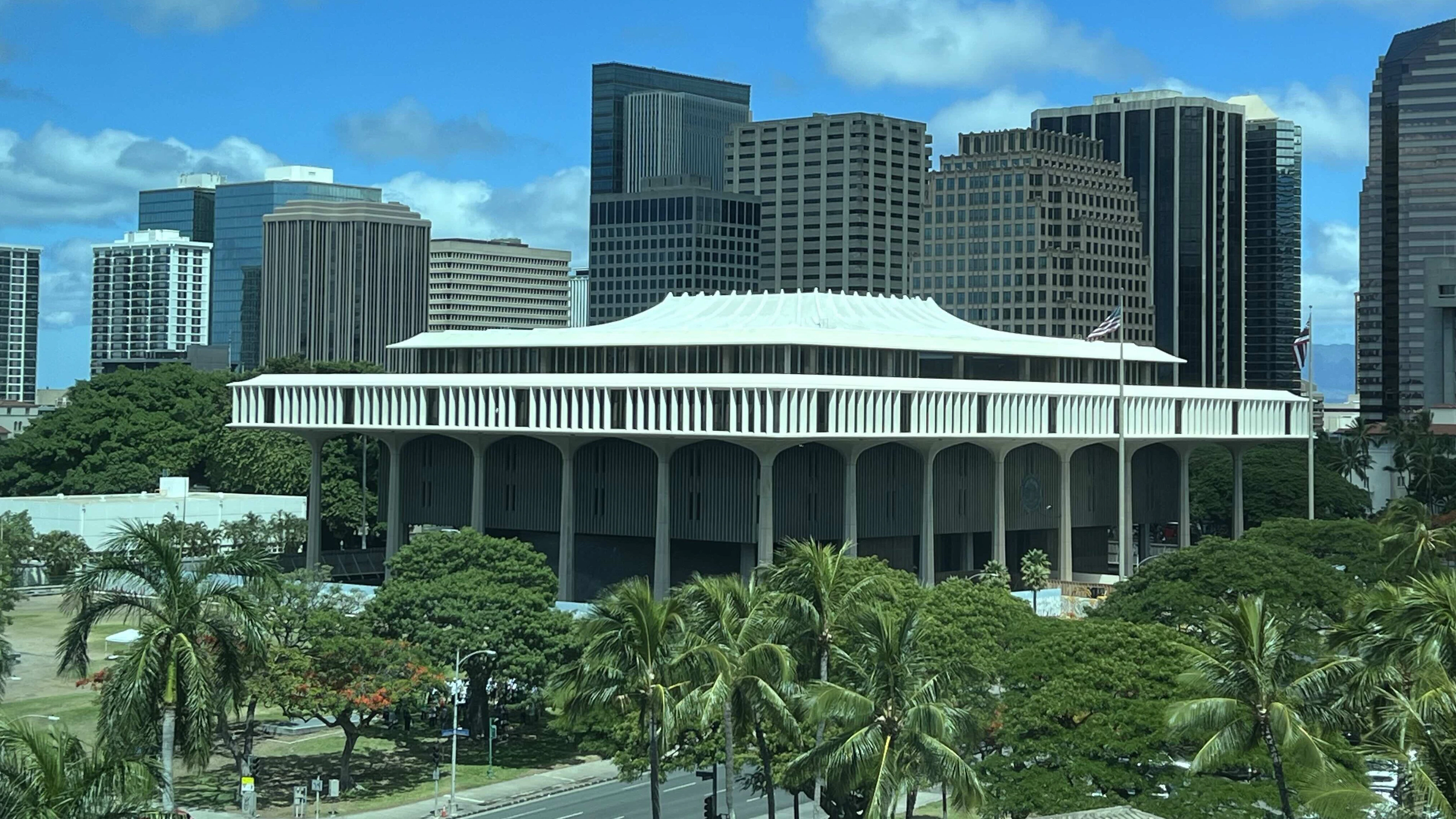This week, we are going to add our two cents’ worth to the controversy surrounding Senate Bill 933, now Act 310 of 2025. That bill puts $50 million in the hands of a four-person committee, which will distribute the money among nonprofits. These nonprofits must “have sustained a reduction or termination of their federal funding” or “primarily serve populations which have been adversely affected by reductions or terminations of federal funding.” The committee can meet and decide things in secret, because it is exempt from the Sunshine Law.
Commenters like the League of Women Voters have decried the secrecy in the act and have called for this four-person committee to hold public meetings.
The Public First Law Center has suggested that the law’s passage was unconstitutional because the bill didn’t meet a key deadline in the legislative process.
Do we like the secrecy aspect of the bill? No. Do we think there were constitutional problems in its passage? Yes, as we discuss below. Are we going to sue as a result? No, because we think suing could create more harm than good.
Senate bill 933 was introduced as a “short form” bill, one with a title and pretty much nothing else. When the Senate Ways and Means committee first heard it, it published a proposed Senate Draft 1 that, if adopted, would replace the short form bill. So far, so good.
Senate Draft 1, however, was basically a budget bill with no numbers in it. It had all of the template language that is common to budget bills, but when it came to the part of the bill where there is normally a table that lists numbers representing money appropriated, there were no numbers. So, the committee replaced a bill devoid of substance with another bill that was devoid of substance.
After the Senate Ways and Means committee heard Senate Draft 1, it received testimony from several nonprofit organizations, each thinking they might be able to get some money out of this bill. The committee amended the bill to Senate Draft 2, adding more template language, and sent it over to the House.
The House Finance Committee, the only committee to which the bill was referred in the House, heard the bill and received testimony from many nonprofit organizations. The committee amended the bill but also left all appropriation numbers blank.
All appropriations in the final bill were added in by the House-Senate Conference Committee. Conference Committees, as we have noted before, deliberate in secret and publicly meet either to announce that no final outcome has been reached or to declare what that outcome was.
This is what we call a Blankety Blank bill. We started complaining about these kinds of bills on Tax Day 2019 but we wonder if anyone is listening to us. We question whether it is even possible to meaningfully discuss and debate a budget bill with no numbers in it. (The same applies to tax bills with key information missing.) We also seriously question how lawmakers in good conscience could vote for the bill without having the slightest clue about what it would do. Yes, there are always a few lawmakers who have the grand plan in their heads, but what about everyone else? The blank versions of the bill passed the Senate unanimously and passed the House with only two dissenting votes.
In 2022, we grumbled about how Blankety Blank bills were becoming a legislative staple. We were, and still are, considering suing to bring this issue to the forefront. But we intend to pick our battle. It won’t be this bill. But don’t worry, there are lots more Blankety Blank bills to attack.
Tom Yamachika is president of the Tax Foundation of Hawaiʻi. Reprinted with permission.





